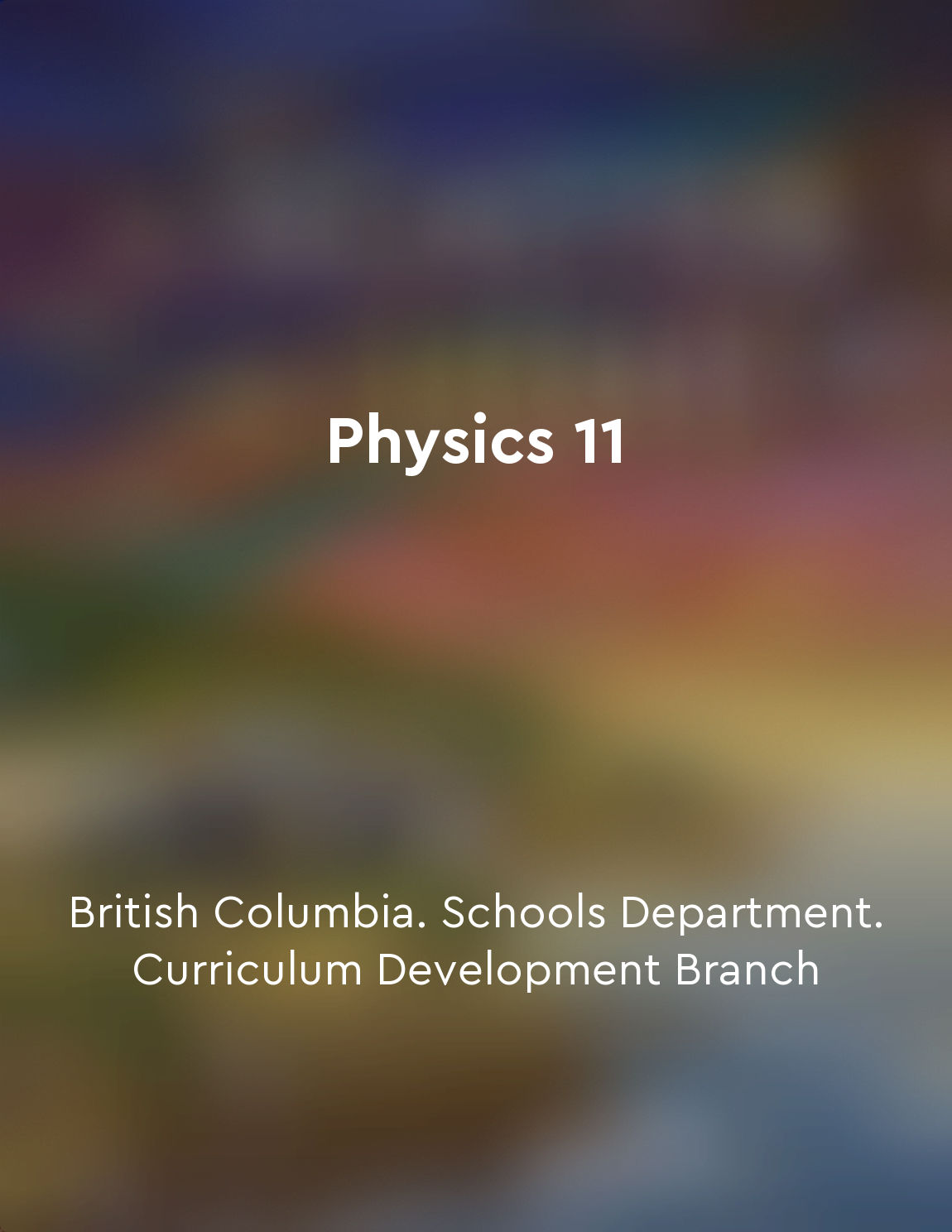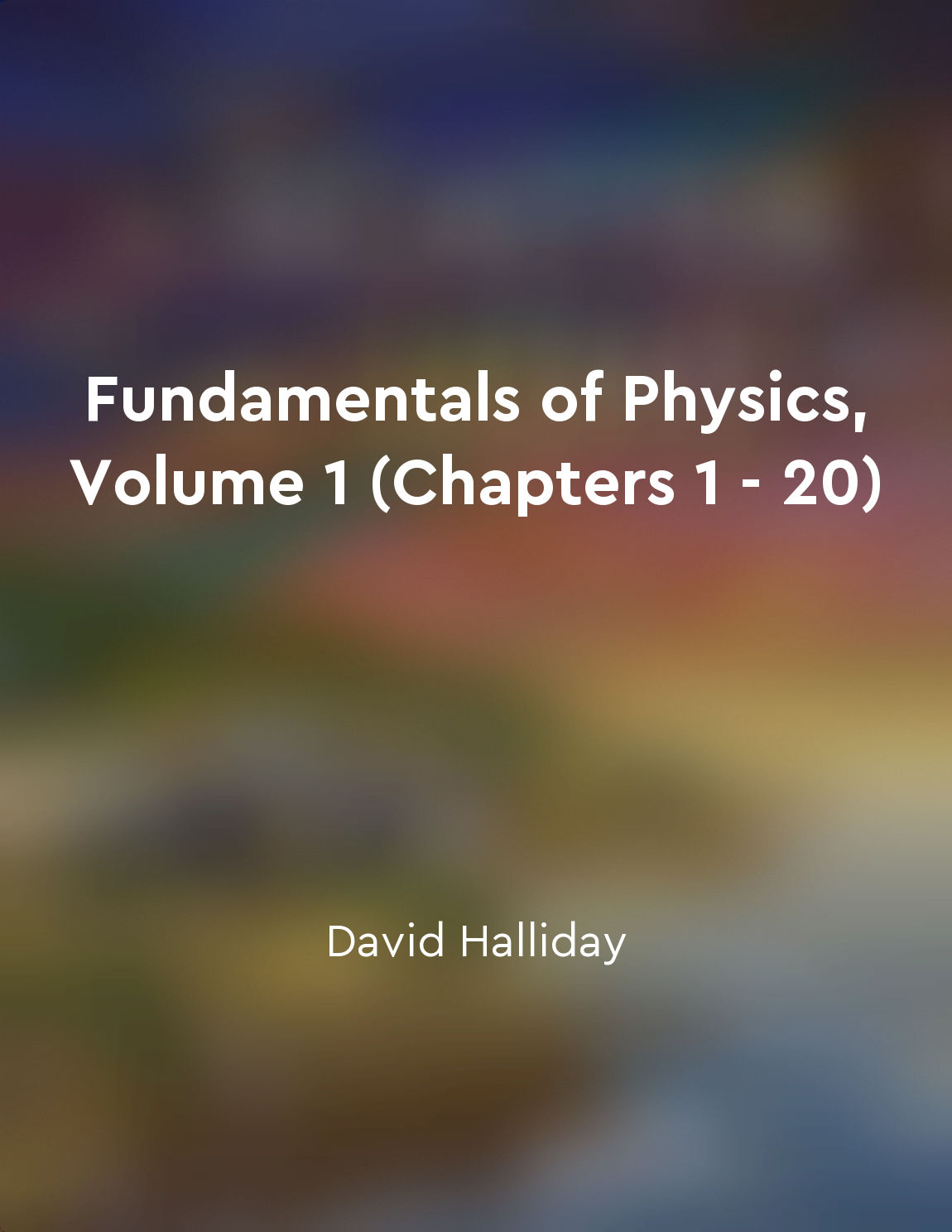Heat transfer occurs through conduction, convection, and radiation from "summary" of Fundamentals of Physics, Volume 1 (Chapters 1 - 20) by David Halliday,Robert Resnick,Jearl Walker
Heat transfer is a fundamental concept in physics that plays a crucial role in various natural phenomena. It occurs through three main mechanisms: conduction, convection, and radiation. Conduction is the transfer of heat through a material without any movement of the material itself. It occurs due to the collisions of particles within the material, transferring kinetic energy from hotter regions to cooler regions. This process is governed by the material's thermal conductivity, which determines how easily heat can flow through it. Convection, on the other hand, involves the transfer of heat through the movement of fluids, such as liquids and gases. As the fluid heats up, it becomes less dense and rises, carrying heat with it. Cooler, denser fluid then moves in to take its place, creating a continuous cycle of heat transfer. Radiation is the transfer of heat through electromagnetic waves, such as light and infrared radiation. Unlike conduction and convection, radiation does not require a medium to propagate through, making it the only form of heat transfer that can occur in a vacuum. Objects emit radiation based on their temperature and surface properties. Each of these mechanisms plays a unique role in the transfer of heat, depending on the specific circumstances involved. For example, conduction is most effective in solids, while convection is more prominent in fluids. Radiation, on the other hand, is important for transferring heat through space, such as from the Sun to the Earth. Understanding these three modes of heat transfer is essential for explaining a wide range of natural phenomena, from the cooling of a hot cup of coffee to the warming of the Earth by the Sun. By studying the principles of conduction, convection, and radiation, scientists can gain insights into the complex processes that govern heat flow in our world.Similar Posts
Continuing education and training programs help mechanical engineers stay updated on industry developments
Continuing education and training programs are essential for mechanical engineers to keep abreast of the latest advancements in...

The internal structures of the Earth can be inferred from seismic waves
Seismic waves, generated by earthquakes and explosions, provide scientists with valuable information about the internal structu...
Heat flows from hot to cold bodies
In the study of thermodynamics, a fundamental principle is that heat naturally flows from hot bodies to cold bodies. This princ...
Practice questions for each topic
The practice questions for each topic included in this book are designed to help students solidify their understanding of the c...
Thermodynamics provides a robust framework for understanding nature
Thermodynamics, with its foundation in the laws of energy conservation and entropy increase, offers a comprehensive framework f...
The Earth has experienced periods of climate change in the past, but the current rate of change is unprecedented
The Earth’s climate has changed many times throughout its history. These changes have been driven by a variety of factors, incl...

